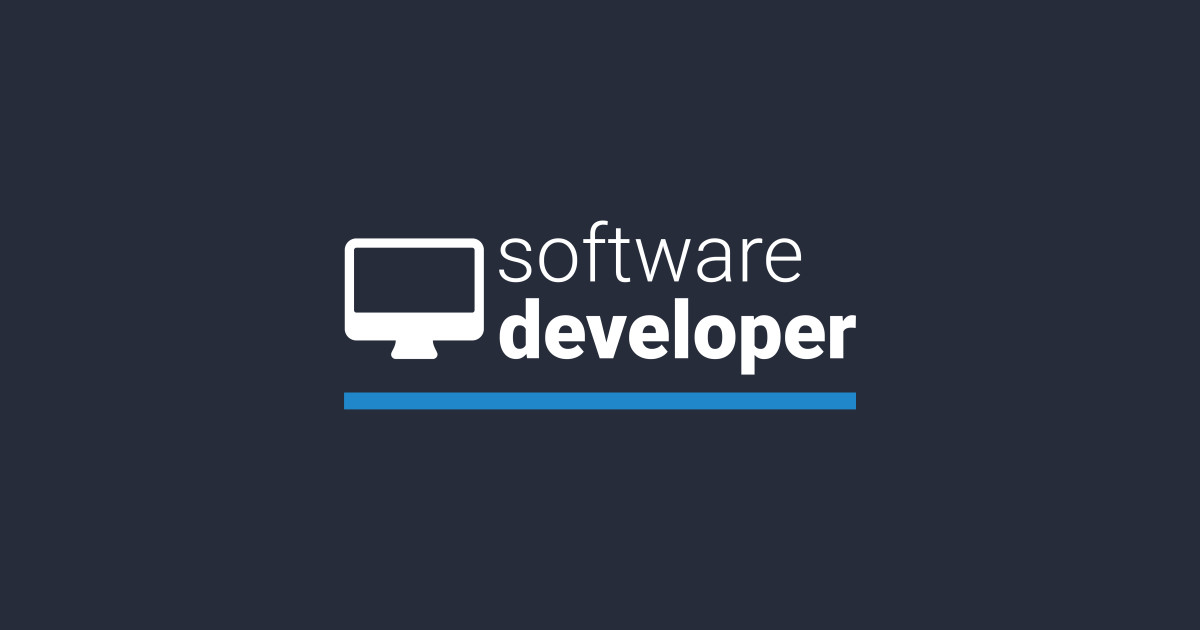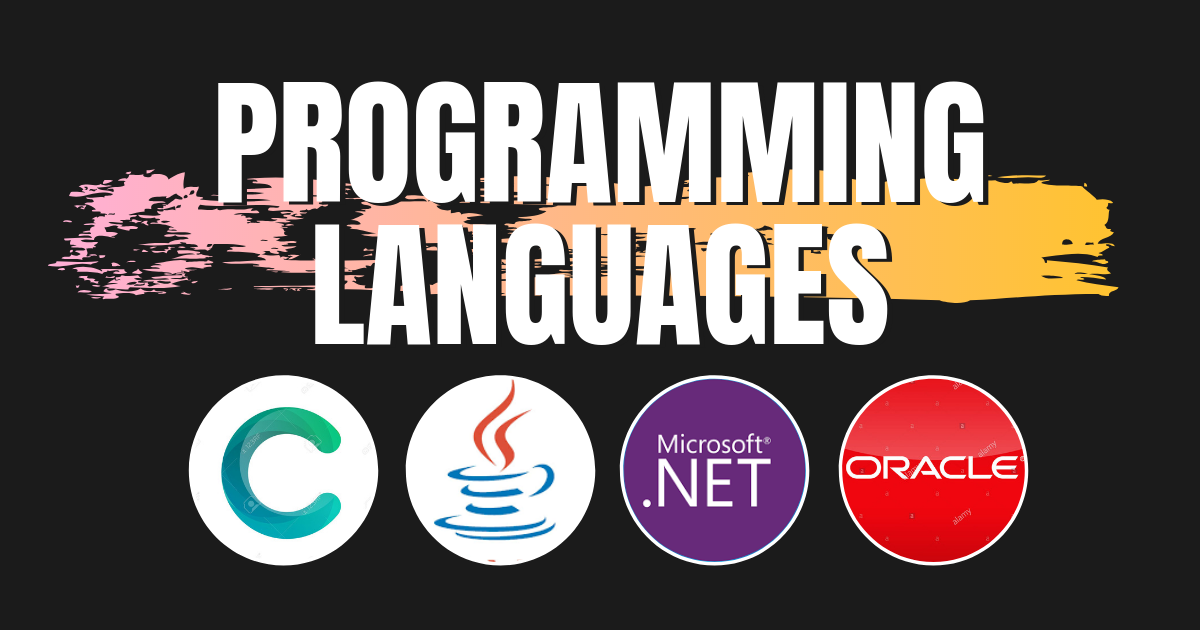Want a break in the Software Industry as a Software Developer / Programmer? Have no background in coding or software? Well! You do not need to worry. Continue reading below to be shocked on how easy it really is.

We at SourceKode Training Institute are passionate to train candidates both from technical & non-technical backgrounds and help them mould themselves to become excellent coders and get the break they deserve in the Software Development Industry. The software developer course is for candidates who hail from all walks of life. This programming course is ideal for students from non-technical backgrounds such as Commerce, Arts, MBA, Medical, Finance, Marketing, Operations, etc
There are many topics one may learn to be a software developer and many technologies for them to master. But in our software developer course, we start covering topics right from the basics and move up to the advance. The course begins with learning and mastering the mother of all programming languages -> C Programming.

This is a common question all course takers have whether technical or non-technical and we at SourceKode Institute love to answer this question as this is the most crucial phase of understanding for anyone looking to be a software programmer.
Programming Language explained - can easily be defined as a way/manner/form in which a human
may interact with a machine and hope for a machine to respond to him in the way he desires. What we
are essentially stating here is that if you want some output from your computer; one must enter the right
input. So, what are these inputs? These can be in the form of dots, numbers, dashes, etc. When these
syntaxes are used in the right fashion with a logical sequence, one can make their computer respond to
them in the way they want. It is similar to the principles we follow in day to day communication.
Example: If one wants to know someone's name
Question: Hello, What’s your name?
Response: Hi! My name is Johnathan.
So, if you as the right question in the right manner you will get a correct response. But if
the question does not follow the principles of English Language and is not framed or punctuated
in the right manner the response met would be a lot different.
Similar is the principles one needs to follow to interact with one's Computer to have it do what he/she desires. This form of logically interacting with one's computer using a series of dots, dashes, numbers & symbols is termed as Programming Languages.
Just like we have languages in day to day communication such as Hindi, English, Marathi, French, Deutsch, etc we have different
kinds of programming languages but they all achieve the common goal using syntaxes peculiar to them
Question. Why are there so many programming languages and not just 1 programming language?
Response. Just like we have languages in day to day communication such as Hindi, English,
Marathi, French, Deutsch, etc developed by different communities from various nationalities
across the world. We have different kinds of Programming Languages developed by developers from
companies across the world with what they feel is the need for that programming language.
Question. Why developers do not copy programming languages?
Response. Well, it's simple. Who would like it if their hard work and effort were copied by
someone else and that the credit was taken by them? Hence, as this is an intangible skill there
are Intellectual Property Rights (IPR's) in place that help prevent code copying thereby which
the original creator of the software gets the full financial benefits until and unless he transfers
his IPR/Ownership of the software.




Register For Demo Lecture
